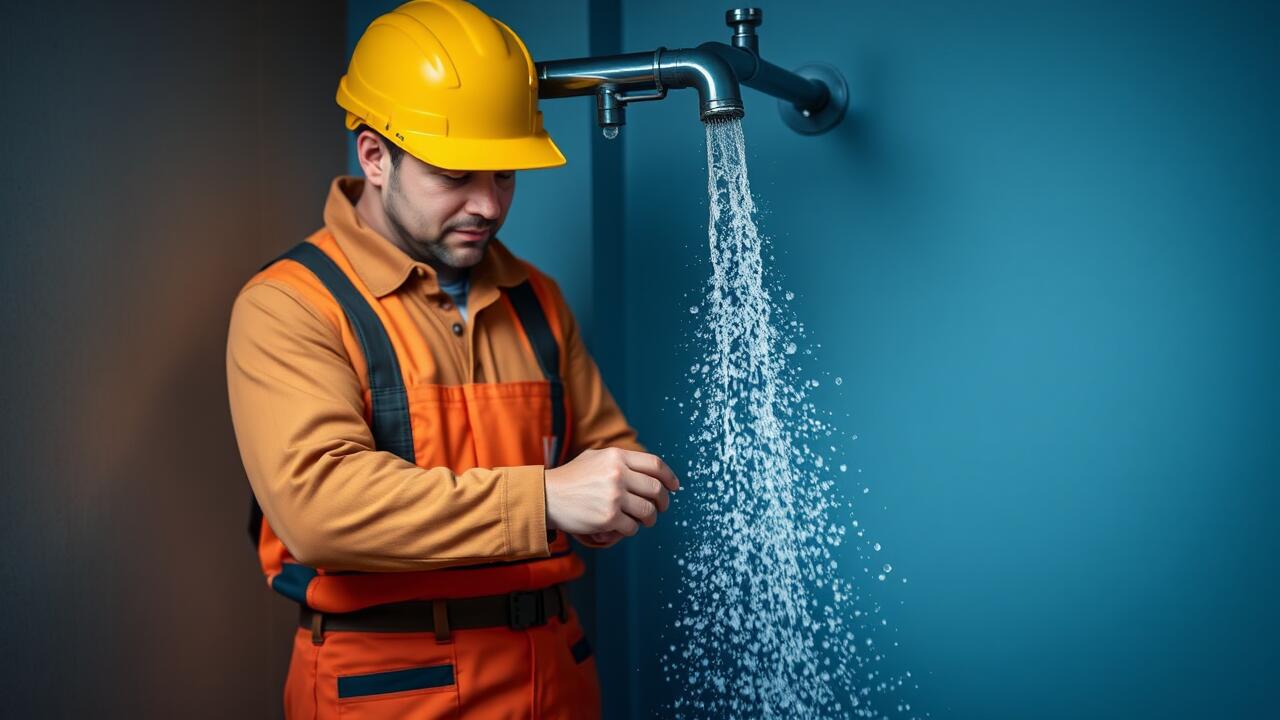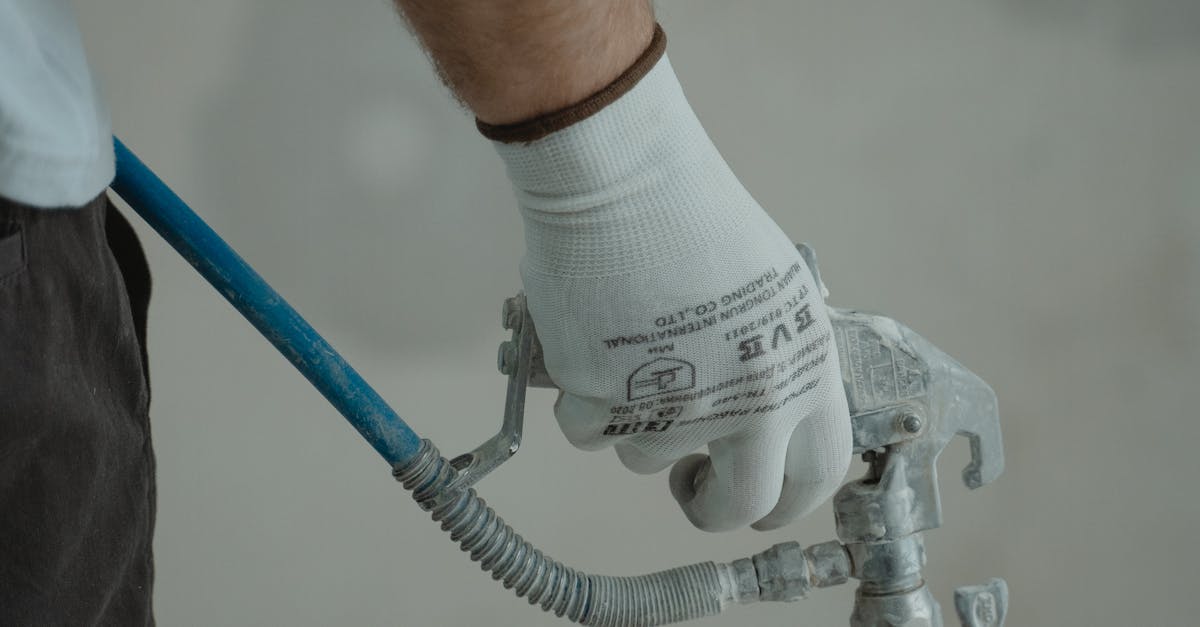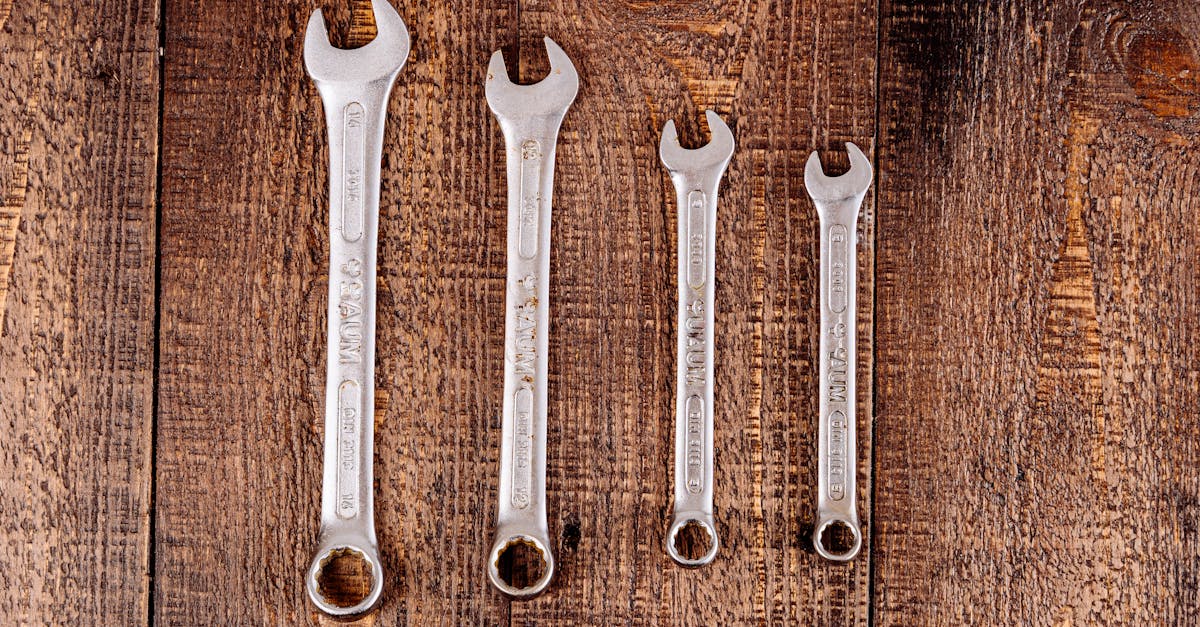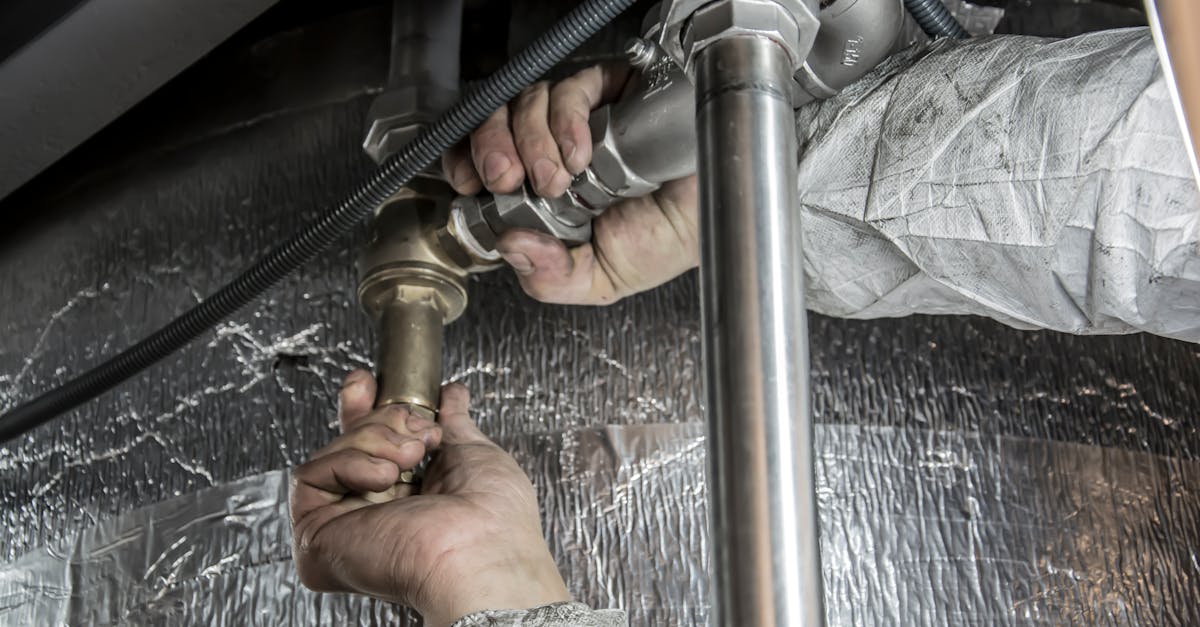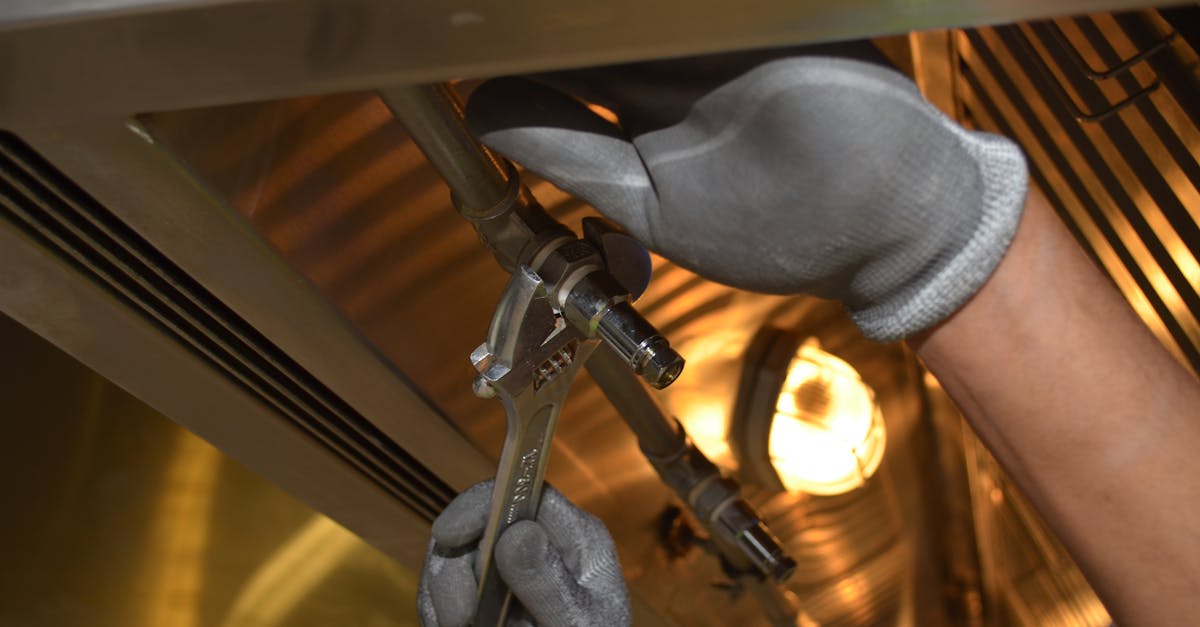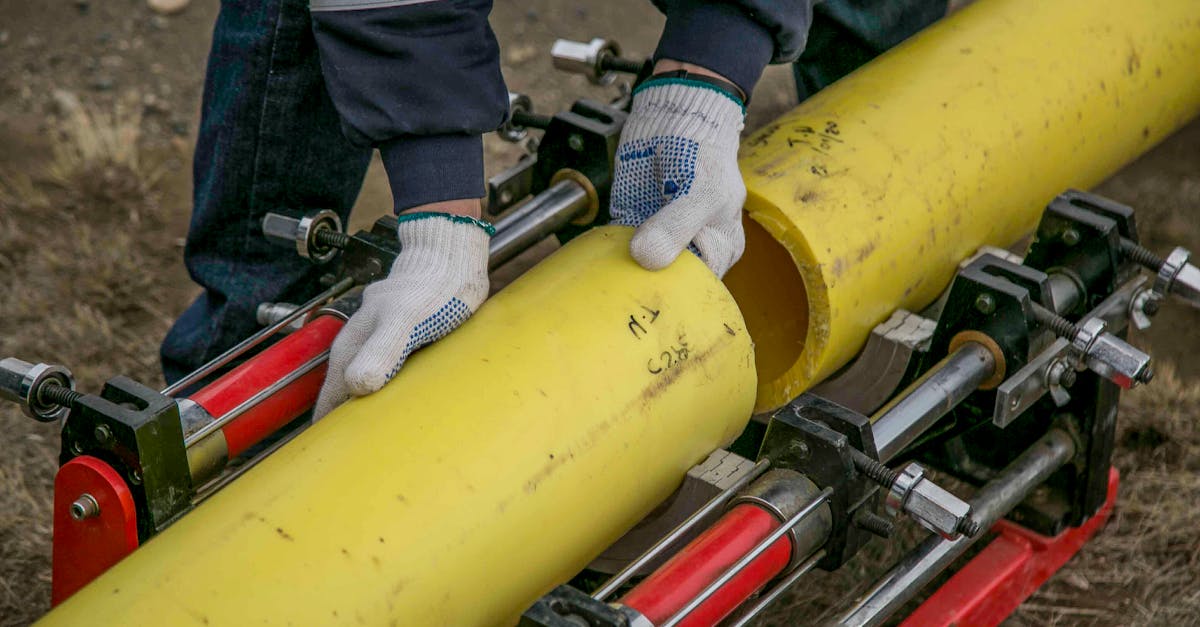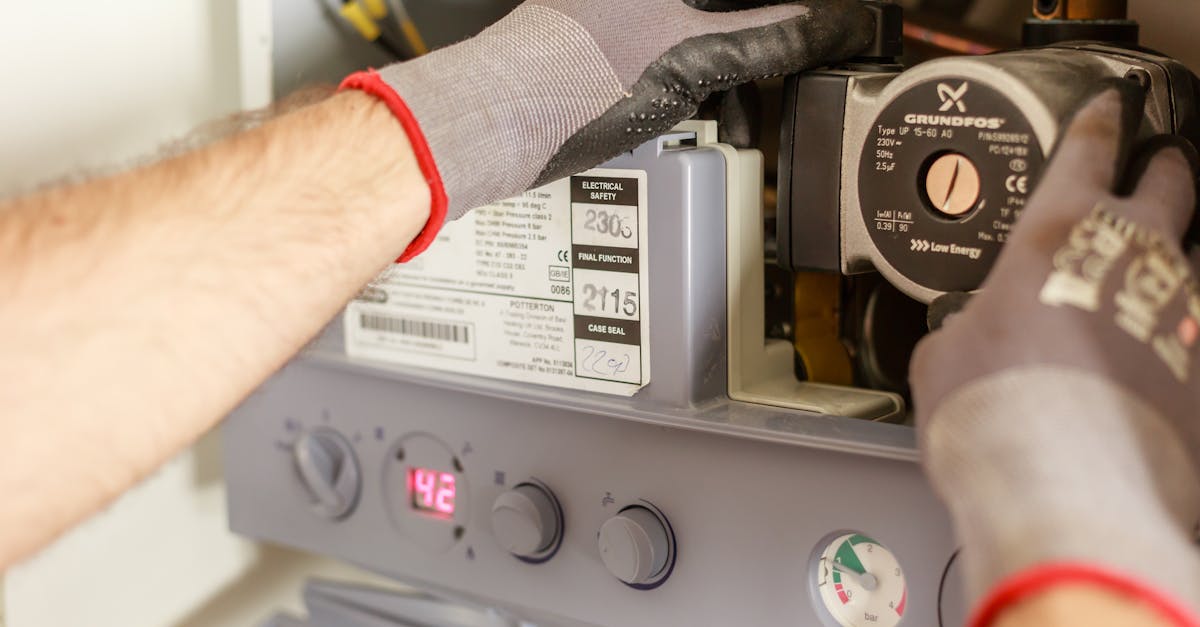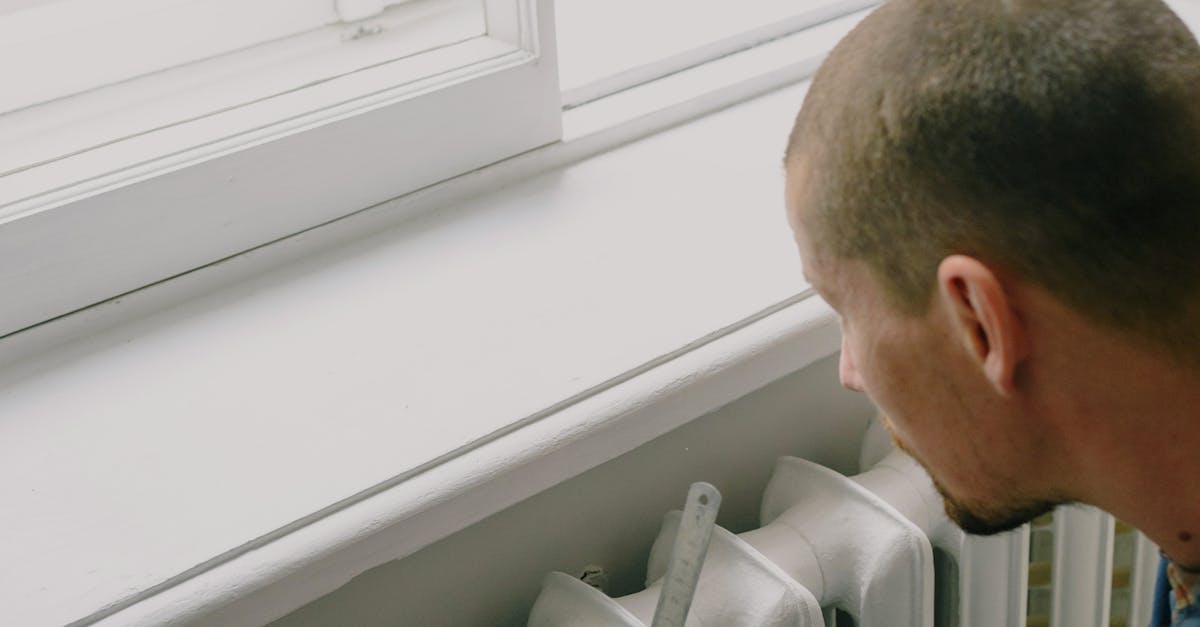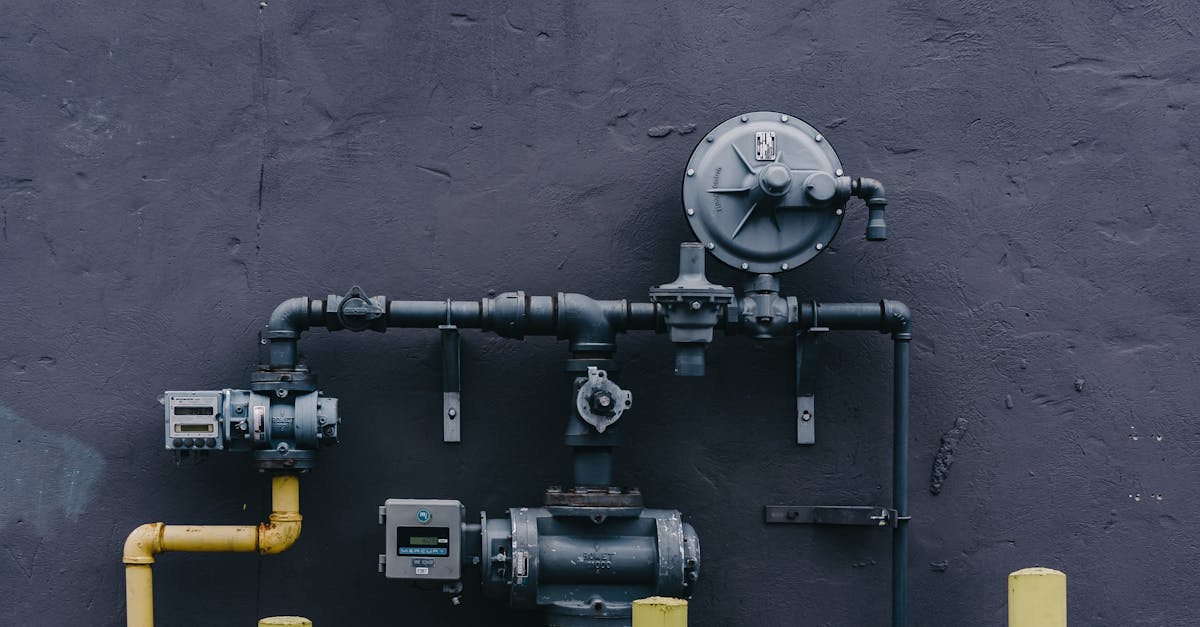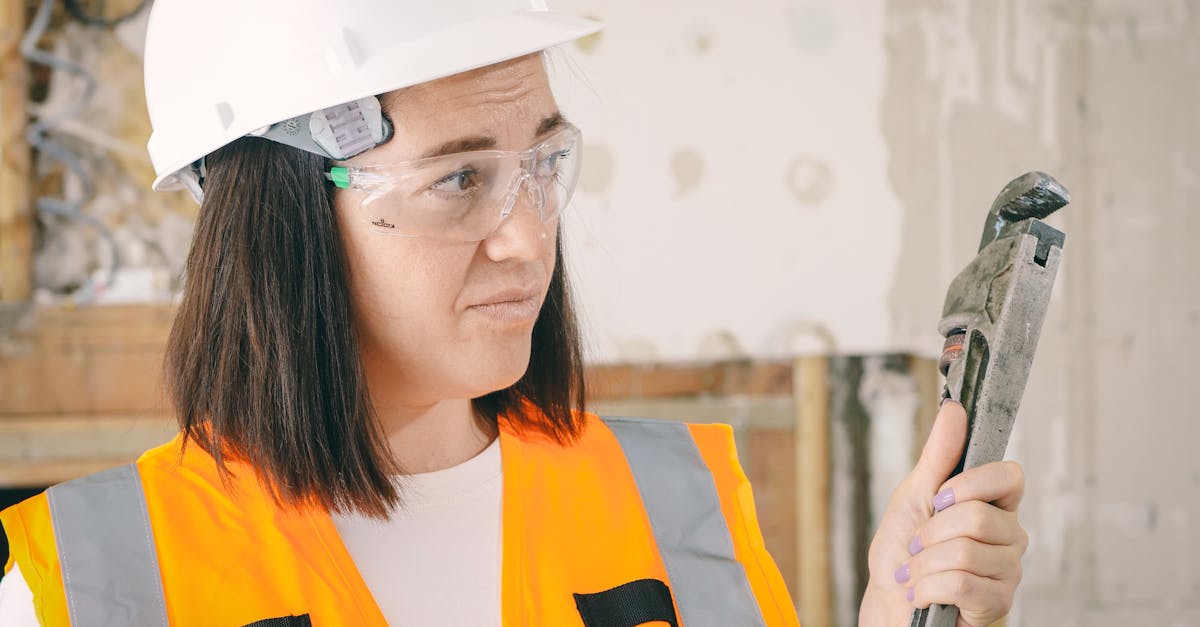
Table Of Contents
Maintenance Requirements
Regular maintenance is crucial for ensuring the longevity and efficiency of solar hot water systems. Homeowners should conduct routine inspections at least once a year. This involves checking for leaks, ensuring the collectors and storage tank are clean, and verifying that the system's pressure is at optimal levels. It's also important to examine the insulation on pipes for any wear and tear. Neglecting these tasks can lead to decreased performance and higher operational costs.
In addition to annual inspections, home maintenance should include monitoring the system's performance. Homeowners may find it helpful to keep an eye on energy bills and hot water usage to identify any significant changes that may indicate issues. If you notice a sudden spike in costs or a drop in hot water availability, it may signal a need for repair or adjustment. Proper maintenance not only extends the lifespan of the system but also ensures that your hot water installation continues to operate efficiently and effectively.
Keeping Your System Efficient
Regular maintenance is crucial for keeping a solar hot water system operating efficiently. Homeowners should clean the solar collectors to remove dirt and debris that can obstruct sunlight absorption. Additionally, inspecting the system for leaks or damaged components ensures that hot water installation remains effective over time. A well-maintained system maximises energy capture and reduces reliance on supplementary heating sources.
Monitoring the performance of the solar hot water system plays a key role in efficiency. Homeowners should be familiar with typical output and observe any significant drops in performance. If the system isn’t producing the expected amount of hot water, it may signal a need for professional servicing. Investing in routine assessments can prevent minor issues from escalating, ensuring that the hot water installation yields optimal returns year after year.
Compatibility with Existing Systems
Solar hot water systems are designed to be compatible with various existing water heating setups, providing flexibility for homeowners. Those with traditional gas or electric water heaters can easily integrate solar systems into their hot water installation. This integration typically involves the use of a booster system that ensures a consistent hot water supply, especially during cloudy weather or periods of high demand.
Homeowners considering a solar system should evaluate their current setup before making a decision. Understanding the type of heater already in use can determine the complexity of the hot water installation. For some, this integration may require minimal adjustments, while others might need significant modifications to make the solar system work efficiently with their existing infrastructure.
Integrating Solar with Traditional Water Heaters
Integrating solar hot water systems with existing traditional water heaters allows homeowners to maximise energy efficiency while utilising their current setup. A common approach involves installing a solar hot water system alongside the existing unit, enabling the solar system to heat water during sunny days. The traditional heater can act as a backup, ensuring that hot water is consistently available during cloudy periods or higher demand times. This hybrid system not only leverages renewable energy but also minimizes the workload on the traditional heater, potentially extending its lifespan.
For effective hot water installation, it's essential to have the correct components and connections in place. Solar collectors need to be properly installed to capture sunlight effectively, while a compatible storage tank must be chosen to accommodate both systems. Additionally, a solar control system will help manage the flow of hot water between the solar unit and the traditional heater, providing seamless operation for the household. This integration can lead to substantial savings on energy bills, making the upfront investment worthwhile in the long run.
Government Incentives and Rebates
Government incentives and rebates play a significant role in making solar hot water systems more accessible and affordable for homeowners. Various state and federal programs offer financial assistance to encourage the adoption of renewable energy solutions. These incentives can significantly offset the initial costs associated with hot water installation, thereby enhancing the overall return on investment for users.
Homeowners considering solar hot water installation can benefit from rebates offered through schemes like the Small-scale Renewable Energy Scheme (SRES). This program allows eligible systems to generate small-scale technology certificates, translating into a direct reduction in upfront costs. Staying informed about local incentives can help homeowners maximise savings while contributing to a more sustainable energy future.
Financial Support for Homeowners
Homeowners considering solar hot water systems can benefit from various government incentives and rebates designed to encourage energy efficiency. These financial support options can significantly reduce the upfront costs associated with hot water installation. By taking advantage of such programs, residents often feel more confident in their decision to switch to renewable energy sources. The savings from these incentives can enhance the overall affordability of the solar system, making it a more attractive investment.
In addition to government support, many local councils and energy providers offer their own incentives, further easing the financial burden. Homeowners who undertake hot water installation may find additional rebates or financing plans available to them. This combination of federal, state, and local assistance can effectively offset the costs, allowing for a quicker return on investment. Understanding the full spectrum of available financial support can help homeowners make informed decisions about transitioning to solar energy.
FAQS
What are the main benefits of solar hot water systems?
Solar hot water systems can significantly reduce energy bills, decrease reliance on fossil fuels, and lower carbon emissions, making them an environmentally friendly choice. Additionally, they can increase the value of your home.
How much maintenance do solar hot water systems require?
Solar hot water systems generally require minimal maintenance. Regular checks on the system's components, such as the solar collectors and storage tank, along with occasional cleaning of the panels, can help keep the system running efficiently.
Can I integrate a solar hot water system with my existing water heater?
Yes, many solar hot water systems can be integrated with traditional water heaters. This hybrid approach allows you to use solar energy when available, while still having a backup system for cloudy days or high demand.
Are there any financial incentives for installing solar hot water systems in Australia?
Yes, various government incentives and rebates are available for homeowners in Australia who install solar hot water systems. These can significantly reduce the initial costs, making the systems more affordable.
How quickly can I expect to see a return on my investment with solar hot water?
The return on investment for solar hot water systems can vary based on factors like installation costs, energy savings, and local incentives. However, many homeowners report a payback period of 4 to 8 years, after which they benefit from substantial savings on energy bills.
